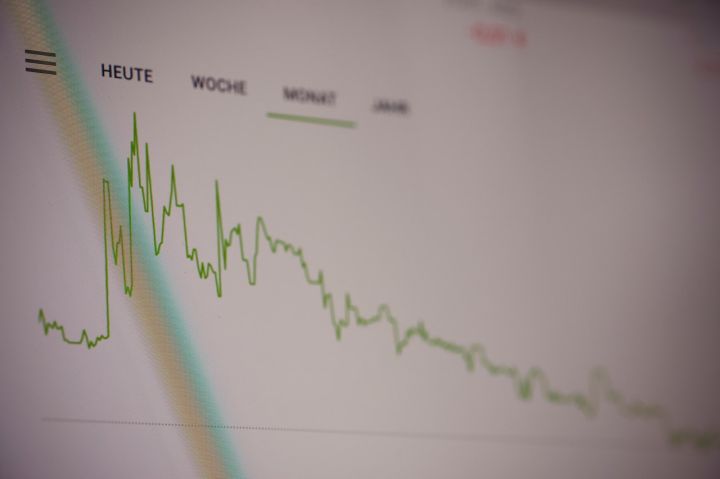Bitcoin and Ethereum are showing signs of exploding after coming under immense selling pressure earlier this year. Both cryptocurrencies plummeted from all-time highs, sparking fears of a possible bubble burst in the sector.
However, things are finally picking up as people are coming to realize that cryptocurrencies are here to stay. Claims that digital currencies could be the currency of the future have been going a long way in attracting retail and high net worth investors looking for investment opportunities in the sector.

From an investment perspective, the battle between Bitcoin and Ether is gradually taking shape as investors continue to speculate on which of the two is likely to generate more returns in the long term.
Given that both are showing signs of widespread adoption and acceptance, the choice between the two for investment purposes is surely the worst nightmare.
Bitcoin vs. Ether (ETH): the technology factor
Technology will play a crucial role in the adoption of both cryptocurrencies and their possible entry into the mainstream industry. While the underlying blockchain technology powers both, Bitcoin appears to have the edge in this regard.
Bitcoin has an advantage over Ethereum and other cryptocurrencies, partly because it is the first bitcoin to use blockchain technology. It has been in business for over nine years and it is seen as a more stable coin that continues to play to its strengths among investors.
Ether is a few years behind Bitcoin. However, it has established itself among developers developing decentralized applications, which continues to validate its credentials. The Ethereum blockchain is increasingly being used to develop smart contracts and decentralized applications, a feat that bitcoin lacks.
However, given the absence of major decentralized applications in mainstream society, this means that Ether will continue to play second fiddle to Bitcoin.
Ether vs Bitcoin: number of coins
The total number of Bitcoin tokens that will be in circulation is around 21 million. On the other hand, Ether has over 92 million coins in circulation, with more being mined every day. This means that Ether will remain an inflationary cryptocurrency given the number of coins that will always be in supply.
The scarcity of Bitcoin compared to other Altcoins makes it arguably extremely valuable in the market. In contrast to Bitcoin, the lack of a maximum supply cap could hurt Ether's value in the long run. The fact that Bitcoin has a cap makes it potentially more valuable, considering that its supply will remain constant as demand grows.
Bitcoin and Ethereum: speculation
Against a backdrop of increased speculation, the fact that bitcoin was created much earlier than Ethereum has seen its value steadily rise. It is for this reason that whenever the price of Bitcoin rises and Bitcoin comes under pressure to fall, the price of Ether consistently soars.
The early market mover advantage seems to be working to Bitcoin's advantage. For example, people are more familiar with BTC than ETH and this has generated interest and strong demand from retail investors and high net worth investors.
Ether vs Bitcoin transaction capabilities
Ether is ahead of Bitcoin in terms of transaction processing power. Its blockchain protocol is far faster than Bitcoin's blockchain protocol, with transactions taking seconds to complete rather than minutes. While Ethereum has an advantage in this regard, it is in no way comparable to Ripple (XRP). Ripple’s blockchain protocol is increasingly being adopted in the financial industry.

There is no doubt that Bitcoin is nothing more than a currency. Ether, on the other hand, has become a reliable ledger technology through which companies can build programs.
Bitcoin seems to have an advantage over Ether as it is considered a more stable alternative coin. Having said that, investors are increasingly using it to access the booming industry as it is seen to have high prospects of success.





